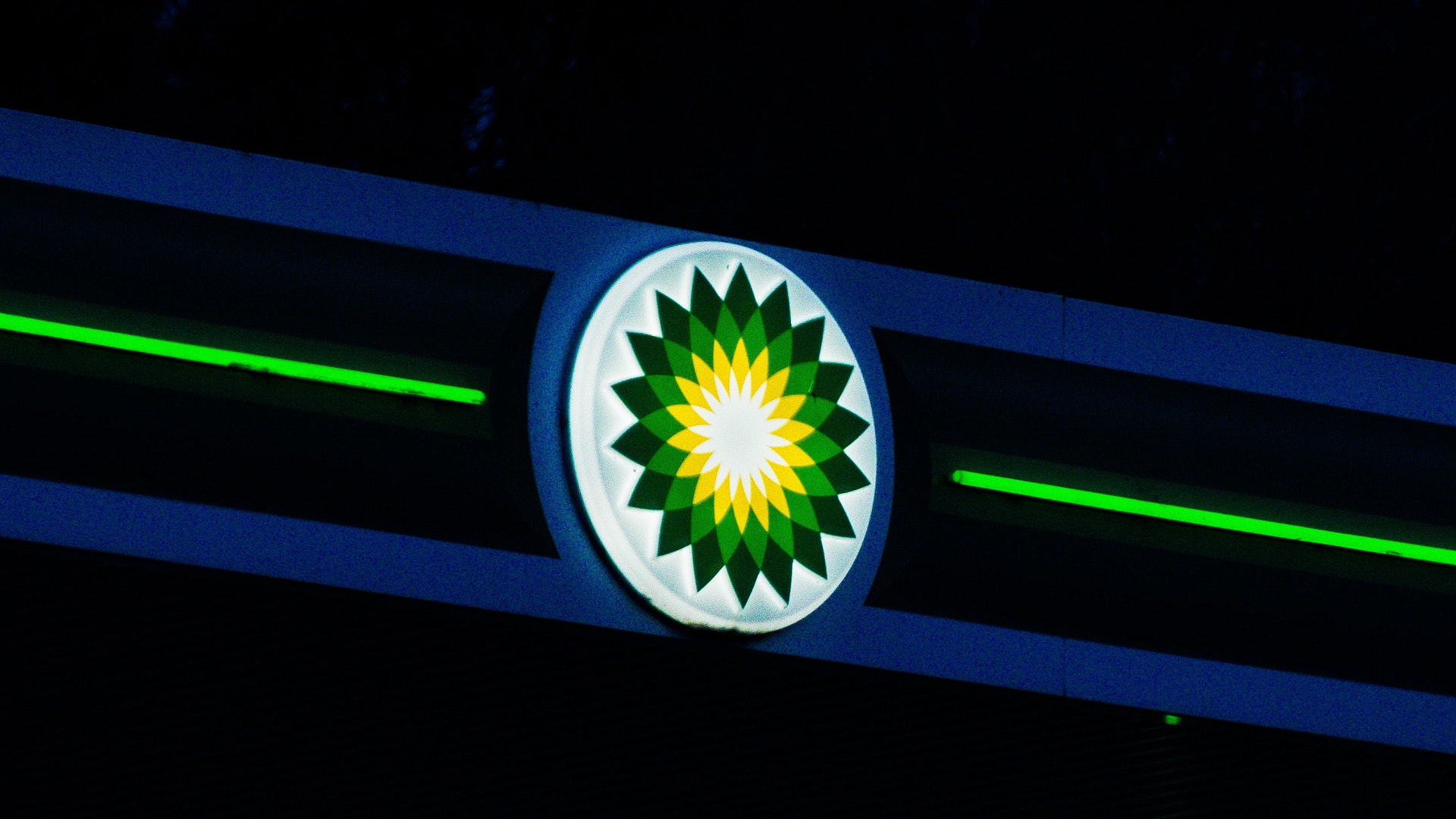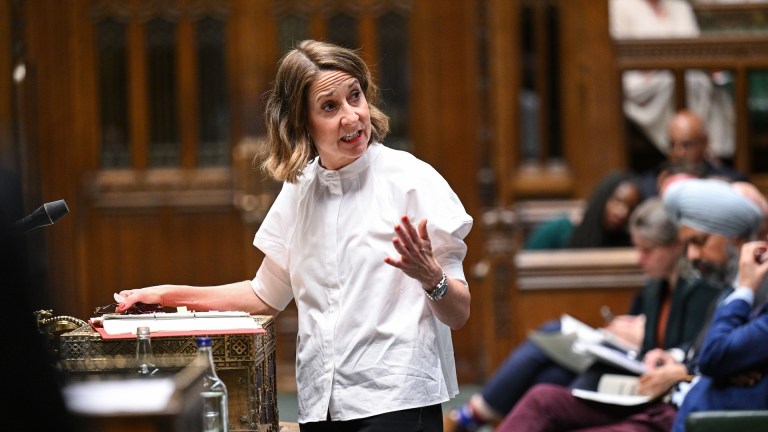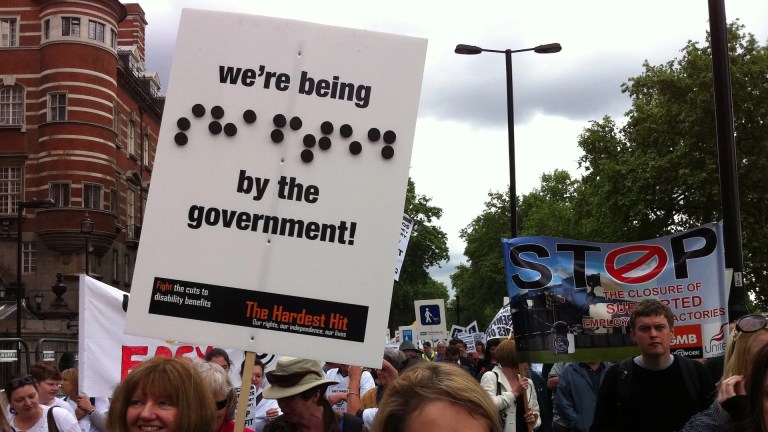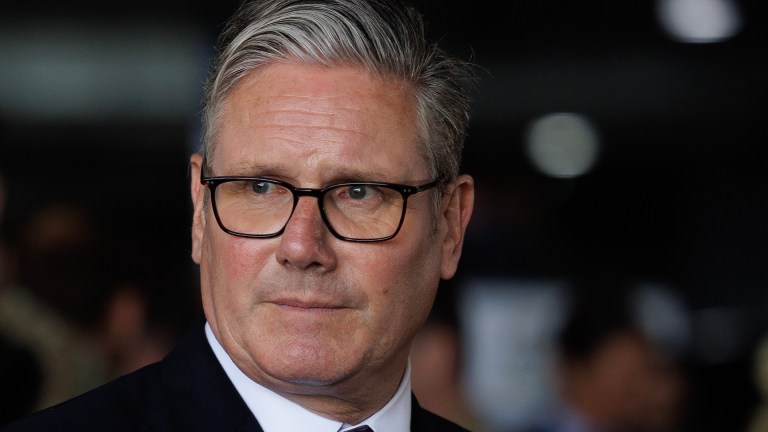Meanwhile, the chief executive of BP said: “This has been a quarter of strong performance and strategic delivery as we continue to focus on safe and reliable operations.”
Your support changes lives. Find out how you can help us help more people by signing up for a subscription
“Instead of using these profits to invest in net-zero or reduce costs for consumers, BP is transferring an outrageous sum of wealth from ordinary households to their investors,” Evans added. “The USA and Canada have already taken action on excessive shareholder payouts: it’s long overdue for the government to follow suit by introducing a tax on share buyback schemes.”
So why are profits so high? And is there anything, realistically, that can be done to redress the balance? The Big Issue previously asked experts to explain why BP is profiting, while the cost of living soars for everyone else.
Dr Mari Martiskainen, a professor of energy and society at the University of Sussex, said: “BP profits are going up as the company is profiting from soaring oil and gas prices due to the Russian war on Ukraine. As less Russian oil and gas reach the markets, prices go up, which then increases profits for suppliers like BP. But they also profit from trading in volatile oil and gas markets.”
BP has previously said its profits are going to be invested in green energy projects “focusing on solar growth and aiming to become a leader in offshore wind”.
“BP’s exorbitant profits are the result of fundamentally broken markets,” Dr Marie Claire Brisbois, a senior lecturer in energy policy at the University of Sussex, previously told The Big Issue. “Despite the widespread social harm caused by the cost of living crisis, BP has legal incentives to maximise their profits so they can hand out returns to mostly wealthy shareholders.
“Government has been conservative in taxing away these excess profits, partly because they want BP to keep investing in UK gas development – despite the fact that renewables can provide, by far, the cheapest possible energy.
“On top of that, poor design of energy markets in the UK means that when gas prices are high, electricity prices are inflated, even though the actual cost of electricity is currently much lower than that of gas.
“The simplest way out of this crisis is a massive investment in subsidies and programs for home energy retrofits for all households, and a rapid buildout of renewable energy. We need to help citizens use less energy, and we need what we do use to be cheaper and cleaner.
“Energy markets also need to be reformed as soon as possible to untether the price of electricity from that of gas. More broadly, policy action should be taken to cap corporate profits, so that large oil companies can’t fuel a surge in profits for the wealthy at the expense of regular citizens.”
Get the latest news and insight into how the Big Issue magazine is made by signing up for the Inside Big Issue newsletter










